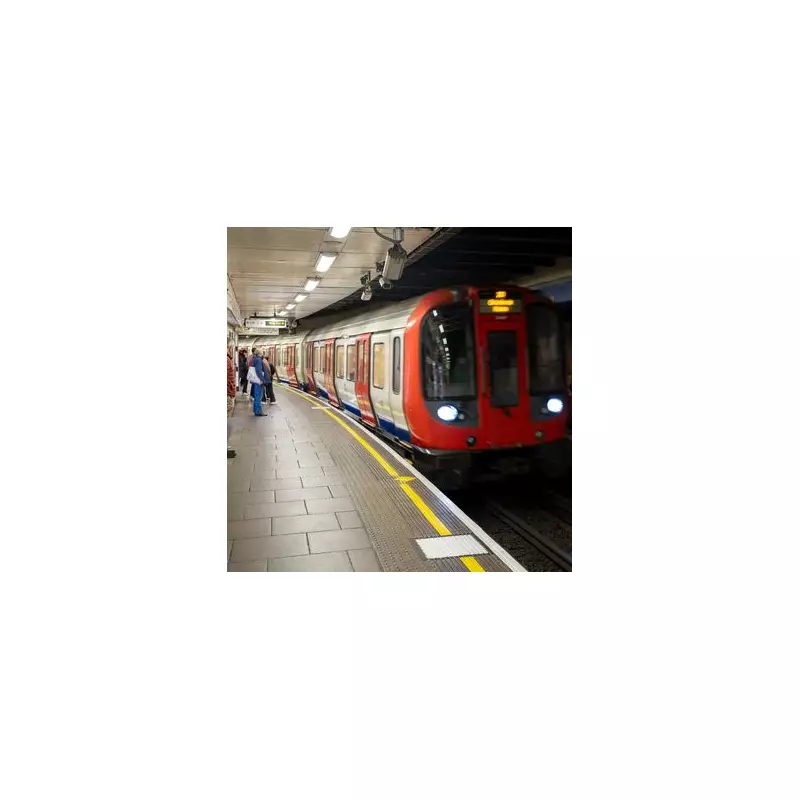
Londoners can breathe a sigh of relief as planned strikes on the Tube network have been called off following a breakthrough in pay negotiations between transport unions and TfL officials.
The Rail, Maritime and Transport (RMT) union has suspended all industrial action after members received an improved pay offer that union leaders are recommending for acceptance. The deal comes after months of tense negotiations that threatened to bring the capital's transport system to a standstill.
What the new pay deal includes
The proposed agreement represents a significant improvement from previous offers and includes:
- An above-inflation pay increase for all London Underground workers
- Backdated payments covering the period since the previous agreement expired
- Improved working conditions and protections against restructuring
- Job security guarantees amid ongoing financial pressures on TfL
Union reaction to the breakthrough
RMT officials have described the new offer as "a substantial improvement" and are urging members to accept the deal in the forthcoming ballot. The union's general secretary highlighted that the agreement addresses key concerns about both pay and conditions after what he called "protracted and difficult negotiations."
This represents a major victory for our members who have stood firm throughout this process, said a union representative. "We've secured protections that go beyond just pay and address the long-term concerns of our workforce."
What this means for London commuters
The suspension of strike action means:
- Normal Tube services will continue uninterrupted
- No planned disruption to evening or weekend services
- Certainty for businesses and commuters across the capital
- Continued full operation of the Night Tube service
TfL management has welcomed the development, acknowledging the hard work of negotiating teams from both sides in reaching an agreement that balances the needs of staff with the financial constraints facing the transport network.
The resolution comes as a relief to millions of Londoners who depend on the Underground daily, and to businesses still recovering from pandemic-related disruptions. The capital's economy relies heavily on smooth-running public transport, making this agreement crucial for the city's continued recovery and growth.





